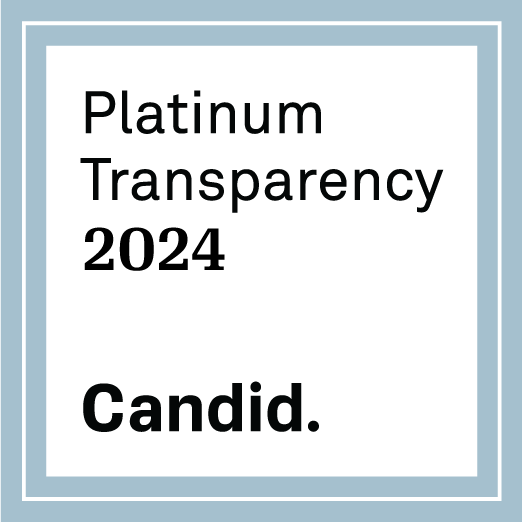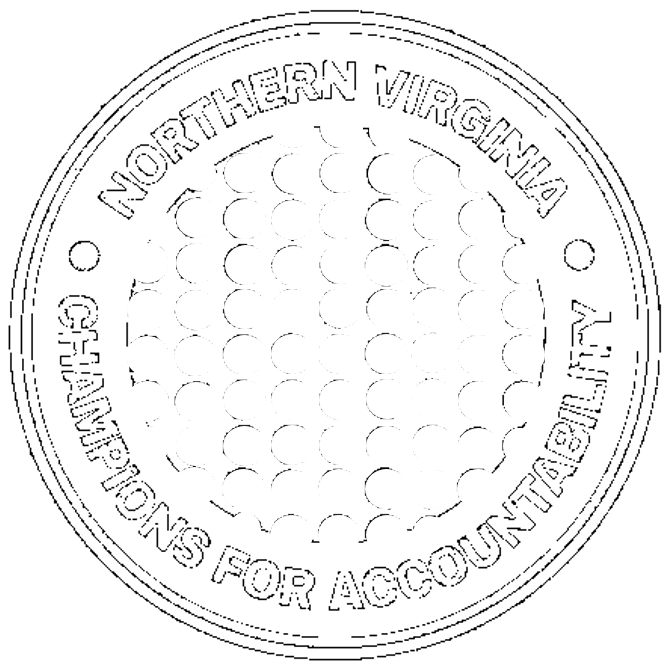One of the Community Foundation’s pillars in our revised mission is “resilience,” the ability to build on and endure. As the past three years have shown us, there is no set formula to endure and prevail but there are many good ways to do so. The Community Foundation recently spoke with Yolonda Earl-Thompson, the founder and leader of the LAZERA Ministries. She has been a Rt 1 Corridor resident for 14 years, and is formerly the Community Impact Officer of United Community.
At the height of COVID— those tense, stressful weeks in March, April, and May of 2020 when we knew little about the virus aside from the case numbers, after schools and businesses had closed— Yolonda and her neighbors in the Route 1 Corridor noticed that there were scores of residents who still had needs. Students meant to attend online school did not have reliable internet access, food pantries had suffered from a lack of volunteers and donations, and parents of young children found it impossible to find diapers, and those they could find were unaffordable. And so, Yolonda and her neighbors took it upon themselves to bring diapers, school supplies, and food to those who needed it.
It was around this time that Yolonda assumed control of LAZERA, an organization that serves residents in the Route 1 Corridor through “holistic and human-centered programming,” as said on their website. The organization was founded by Yolonda’s father, the late Reverend Dr. Lee A. Earl, who passed away in 2020. The ongoing mission of LAZERA is shaped by Yolonda’s own experiences in the community they serve— two of the key ones being that exposure changes goals and pathways, and to inspire in their constituents that they are not “written off.” To be resilient, our organizations must build resilience, and that means being okay with the discomfort that comes when someone says “I’m not good enough,” or “I can’t,” or “I won’t.” As Yolonda told me, a core goal of LAZERA is to get people to overcome this kind of mental barrier.
The point here is, whatever our method of service delivery may look like, we need to build cultures within our region's anchor institutions that encourage people to challenge themselves and feel uncomfortable when needed, as well as demonstrate to the people we serve the very same. And yes, this could mean doing the hard work of getting to know—really know— the people we want to serve, and acknowledging where our gaps in understanding are. Understanding culture builds relationships, relationships build trust, and that trust builds resilience.
A Changemaker's Theory of Resilience
April 18, 2023
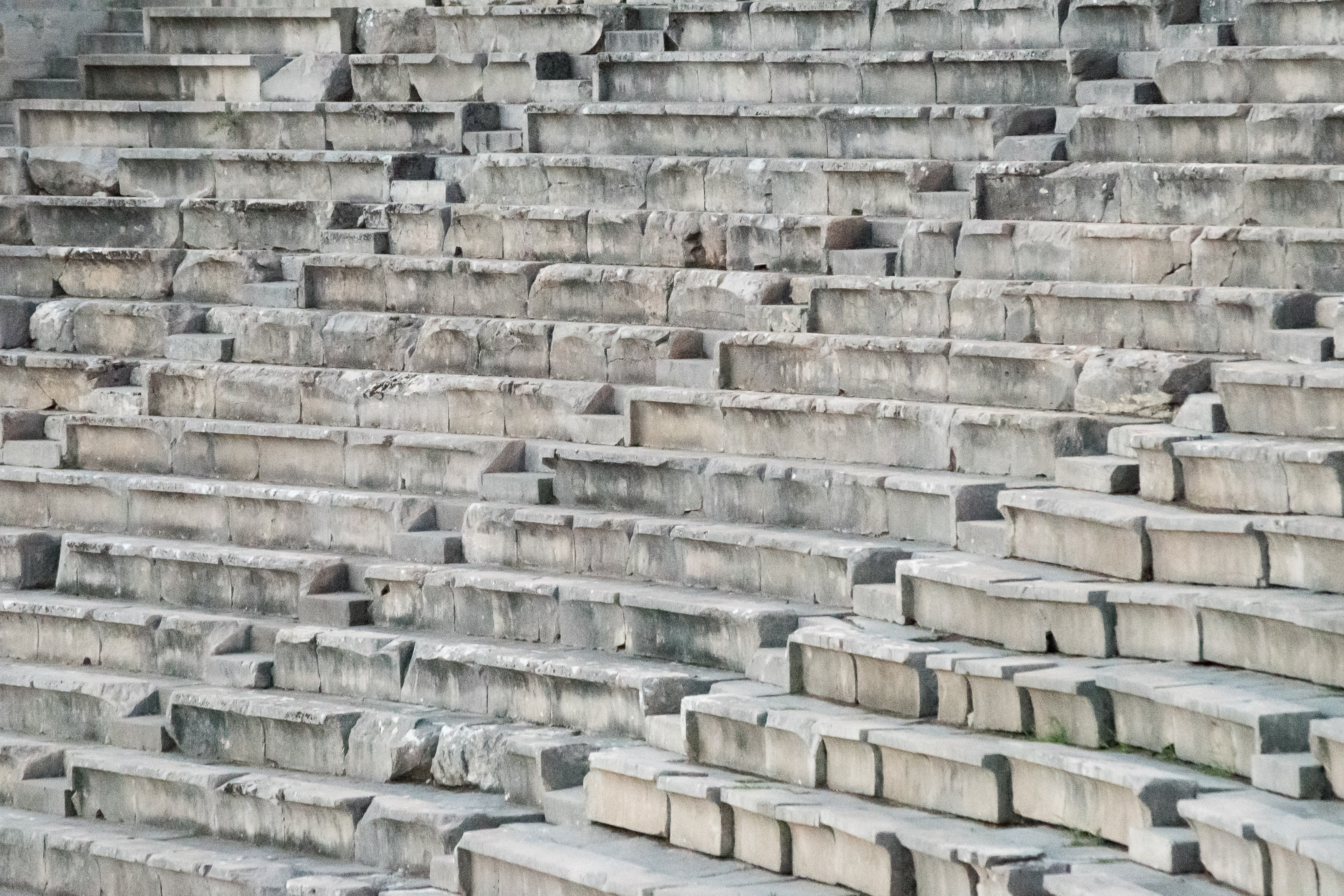

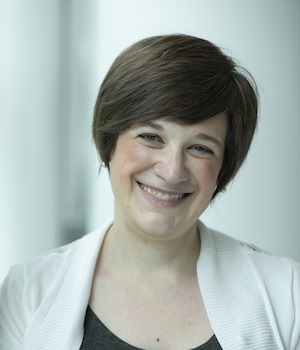 Questions?
Questions?
